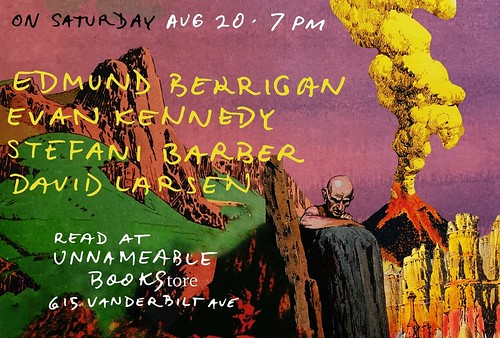Al-Asma‘i said: I was staying with a man of the Banu Kilab who had celebrated his marriage at Basra, and was raising his family at Dariyya. We were at Dariyya's market when we were approached by an old woman of dignified dress and unfaded beauty, mounted on a camel. She bade the camel kneel, and tied it up and came toward us, supporting herself on a shepherd's crook. She sat by us, and said, "Is any poetry being recited?"
I said to my Kilabi friend, "Have you got anything?" "No," he said. So I recited for her these verses by Bishr ibn ‘Abd al-Rahman al-Ansari (meter: kāmil):
The days have a shortener. Who spends them with her
craves more, even at the cost of other friendships.
The likes of her choke a man with longing
for her demure air, and her antelope's eye—
the eye of a doe of the lowlands, sallow of hide
as if jaundiced by the deer's shyness.
At this, the old woman rose to her knees, and began tracing lines on the ground with her crook as she recited [these verses by Ibn al-Dumayna]: (meter: ṭawīl):
Dear Umayma of my heart, do as you will.
But let me voice my passion and my greeting
[to this spot].
When you tell me, "Walk through fire," I know it's
your caprice. But could it bring us closer, all the same?
Capricious as you are, I take it as a gift,
and put my foot in fire and tread it.
On the sandhill where moringa grows, ask the tallest tree
if I hailed the ruins of your abode,
and if I choose to haunt the ruins
at nightfall like a heartsick person.
May you be happy at the way my cheek shines,
and how I clutch myself at losing you.
Al-Asma‘i said: By God, the world around me went dim from the eloquence and sweetness of her delivery and dialect. I went up to her and said, "My God! Your recitation surpasses mine." And I saw a gleam of laughter in her eye, as she went on to recite (meter: ṭawīl):
Many a guarded maid casts off reserve when I come calling,
dragging a train of infatuation behind.
They let love mount, and when it's theirs,
rip it away and swell our battles.
Their talk is civil, low and yielding,
winning them soft hearts for free.
They foil the plans of the softhearted fool.
Their jest and earnestness maze the astute.
My blamers, meanwhile, blame the love
that tells me to ignore dissuaders.
[The Tribulations of Impassioned Lovers by al-Sarraj adds this postscript:
"Brava!" I said, "by Him Who created you!" "You really mean it?" she asked. "Yes," I said. "Then I share the praise with you as an equal," she said, and decamped. And by God, I have heard no poetry recital more exquisite than the one she gave.]
The meaning of "shortener of days" in the Ansari's verse is that his joy in the woman's presence is complete. So sweet are her beauty and her conversation that any day spent with her is short, for brevity is an attribute of joyful days.
From the Dictations of Abu 'l-Qasim ‘Ali al-Murtada









